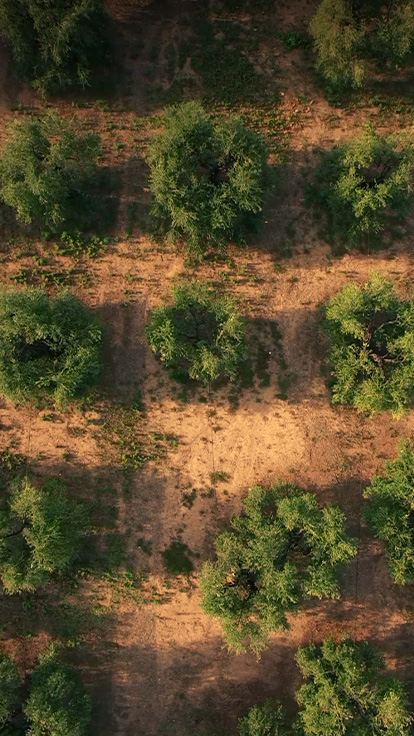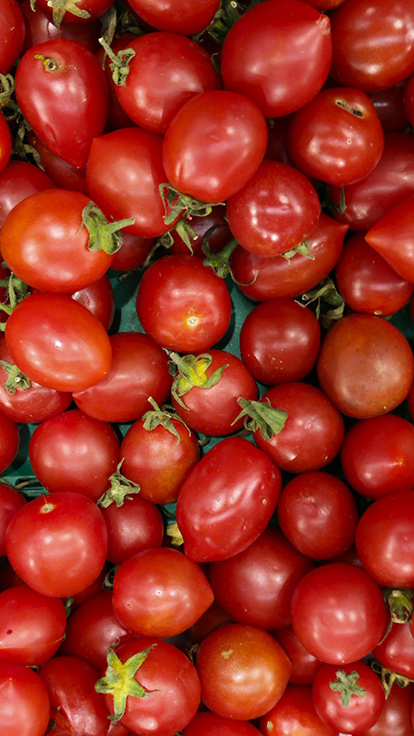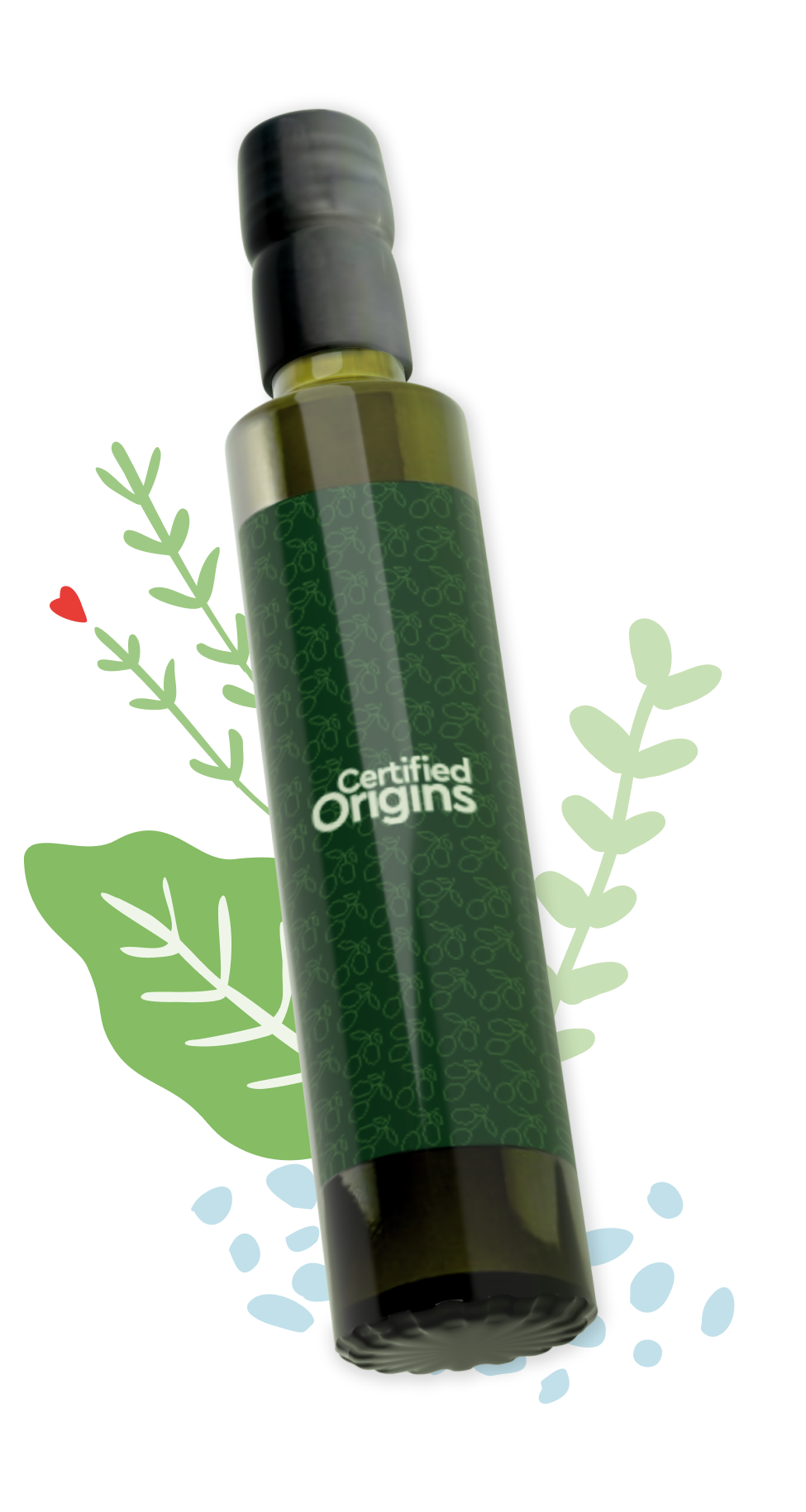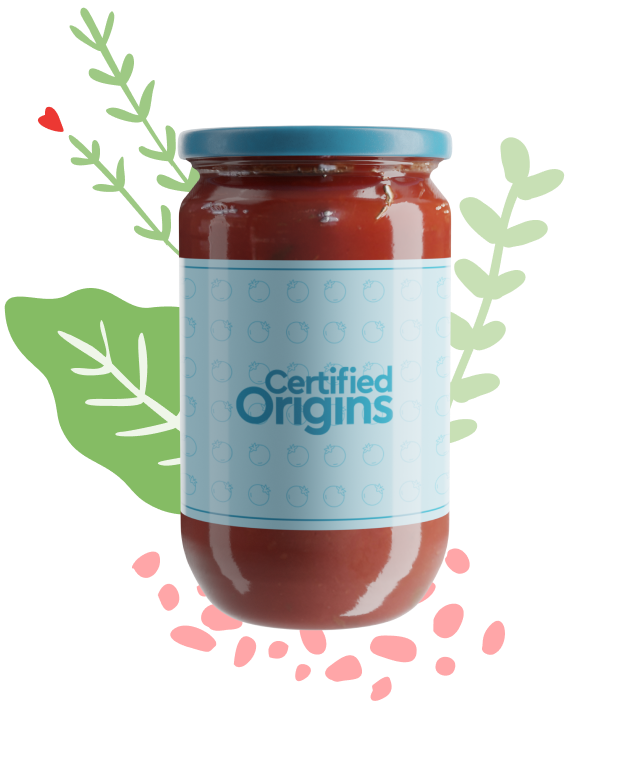
The world’s most reliable food source that brings the taste of real food to supermarkets all over the world with a sustainable and transparent supply chain.
Why Us
We have developed strong relationships throughout the mediterranean with cooperatives of the best suppliers, and have cutting-edge facilities, to provide the bulk and wholesale quantities you need.
+$1M
R&D Investment
in transparency & traceability since 2019200
Cooperatives
of farmers across the Mediterranean Area250,000
Farms
from small to medium and large in the Mediterranean Area450
Olive Mills
(selected sources) across the Mediterranean Area600
Hectares
of tomatoes grown in organic certified Italian family farms5
Regions
of Italy for sourcing tomatoes




